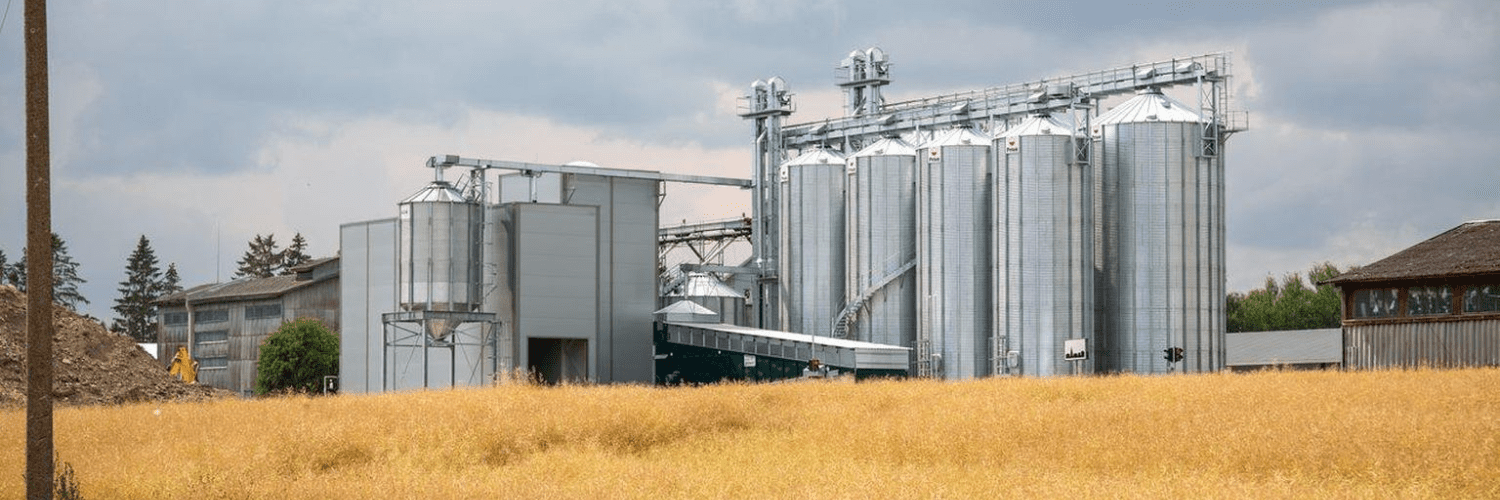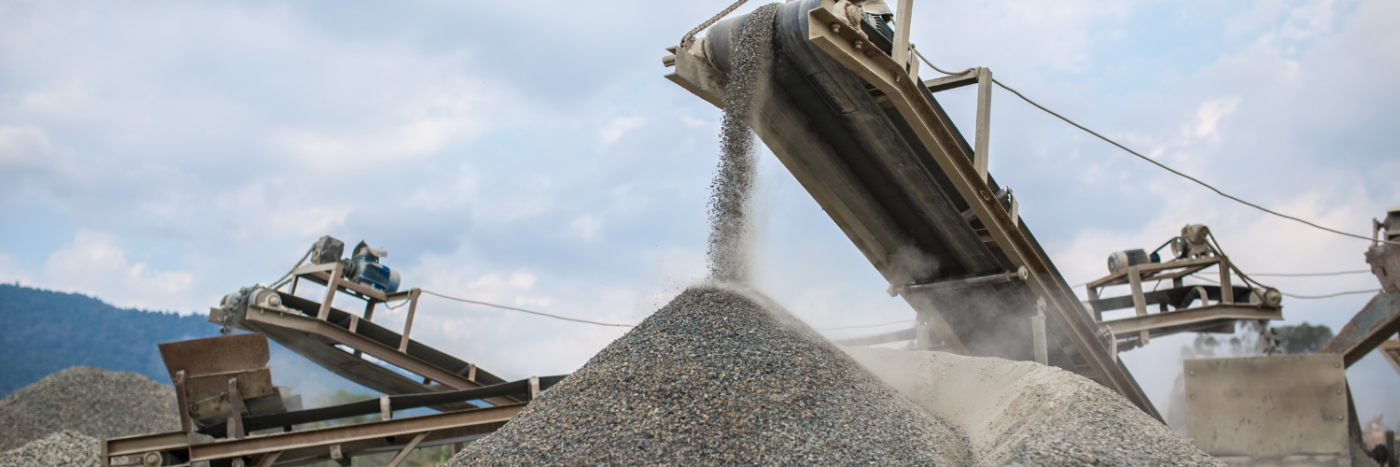HansaPeat OÜ is an Estonian company that specialises in peat packaging and export. Since 2018, it has been producing peat in a production complex located on the territory of the Sillamäe harbour in Ida-Virumaa. The location enables efficient logistics between the area’s peat deposits, the company’s production, and the port. The company’s production activity incorporates sifting the raw peat into customer-fit fractions and pressing the films in packages to reduce volume.
To decrease the volume of sponge peat for effective transportation, peat is pressed into large plastic packages (Big Bale) with the pressing equipment and placed on a wooden pallet. The packages weigh approximately 1200 kg. Packages are loaded into a sea container or truck and sent to customers in Europe and further afield, such as China. The small packaging line will start to produce peat packages of 40 to 50 kg size.
HansaPeat transports several hundred loads of peat from the bog to the production facility in a month, and all loads have the e-waybill. In addition to peat, HansaPeat also accepts lime and sends self-produced pallets with the e-waybill. HansaPeat has produced pallets for itself since the beginning of 2023. The company also produces pallets for sale in the local market to some extent; however, it mostly remains a part of the production process due to the need for high-quality pallets in the required quantity during peat production.
HansaPeat heard about Waybiller through its trucking company, which transported grain to Kevili. They also read the success stories on the Waybiller website, where companies from various fields tell their digitalisation stories and point out several beneficial factors. HansaPeat’s board member Mati Miil emphasises an excellent video clip on Waybiller’s YouTube channel that presents an overview of the digital grain transportation process.
The main challenges:
- automatic gate permit based on the consignment note;
- real-time overview of the movement of peat loads;
- correct load scales;
- calculation of hourly work of drivers;
- effective reporting and accounting.
How Waybiller helped
If it was necessary to prepare a separate gate permit for each load coming in previously, then today, the load slips are automatically sent to the port’s email, and the permit is prepared based on this.
Furthermore, it is possible to integrate Waybiller’s weighing interface into HansaPeat via the Sillamäe port. Since the data from the scales will be automatically registered in the cargo sheets, the interface ensures immediate data availability with visibility by all the involved parties. The weight of the load allows for the identification of the quality of the peat and immediate decisions based on it.
Additionally, Waybiller enables HansaPeat to have a real-time overview indicating when the load is picked up, how many cars are coming and how far they are. The cargo sheet displays the amount of load in tons and cubic meters, and thanks to that, Waybiller can verify the fulfilment of the agreement with the supplier—has the quantity agreed upon been fulfilled?
“It took a few days to understand the Waybiller system, but actually, everything is straightforward and logical,” says Mati Miil. All information is available via phone at any time, so there is no need to carry a computer.
The calculation of hourly work makes processes easier. Drivers start their hours in the morning through Waybiller, and during the day, all the additional work done, including refuelling, is recorded. The calculations are closed at the end of the working day, making it easier to keep payroll. Future plans include adding additional fields to complement the functionality of hourly work, making it even easier for the drivers to enter the required information flow. The warehouse module is also planned to be used on a larger scale to monitor the stock better.

If previously it was necessary to collect all the paper waybills and manually add the information in the tables, today the Waybiller digital system has helped to save time at least two days a month. The issue with the information on the waybills— missing information and indecipherable handwriting, potentially resulting in lost waybills—is a thing of the past. All parties to the orders, transport orders, and e-waybills are visible in the case of the contract, and e-waybills can be exported to Excel, with the overview available to all of them 24/7 in real-time.
If you would like to introduce electronic waybills in your company, feel free to contact the Waybiller team via e-mail at waybiller@waybiller.com or by phone at +372 606 8120.
We can help replace your company’s paper delivery slips with fully digital ones and integrate Waybiller with your accounting software.
























